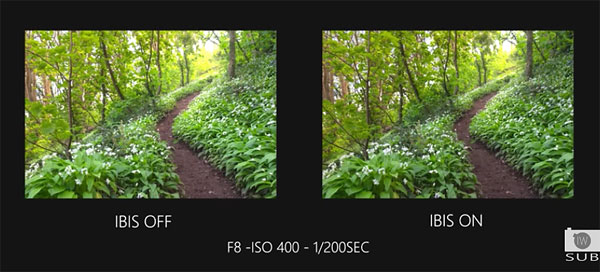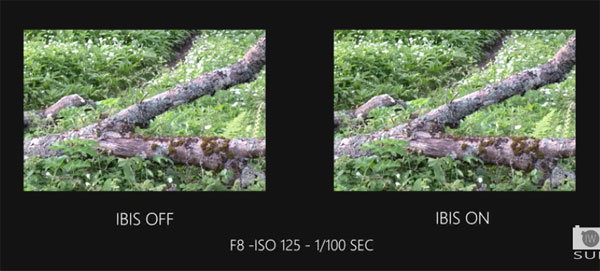SURPRISE: Is This Why Your Landscape Photos Aren’t Sharp? (VIDEO)
One camera feature that landscape photographers have relied upon for years to achieve sharp photos is image stabilization. But does it always work the way you expect? Read on.
Instructor Ian Worth is a professional landscape photographer who frequently takes us behind the scenes during his excursions while demonstrating simple techniques that contribute to his success. He begins the tutorial below with an unexpected comment: “I this it’s fair to say there’s a bit of confusion surrounding in-camera image stabilization (IBIS), and whether it’s best left switched off during certain situations.”
This got our attention in a hurry, and we expect it may have captured your’s too. In today’s behind-the-scenes tutorial Worth conducts a simple test to determine whether turning IBIS off can actually result in sharper images. He’s also on the hunt for some awesome landscape photos and you’ll pick up valuable tips on composition, camera settings, and more.

Worth uses different focal lengths, shutter speeds, and ISO settings to make the comparison as valid as possible, while photographing a number of different scenes in varied light—sometimes employing a polarizing filter to minimize glare with the camera on a tripod.
At his first location Worth turns IBIS off and on to shoot the same scene. He sets the camera to ISO 400 with a shutter speed of 1/200 to prevent subject movement as a slight wind blows the leaves. The focal length is 18mm, and as you’ll see, both photos look identical when comparing static portions of the images, but what about everything else?
Worth does much the same at the second location, but this time he zooms the lens to 33mm for the composition he desires, and sets the camera to ISO 125 with a shutter speed of 1/100. And again, “to my eye the images look identical.” Keep in mind though that your results could be different, depending upon the camera you use.

Keep watching as Worth continues his experiment in different places with results you may find surprising. And then see if you agree with the conclusions he draws as the end of the video.
There’s much more to see and learn on Worth’s instructional YouTube channel, so be sure to take a look.
And don’t miss the video tutorial we posted from another accomplished outdoor photographer, with three pro tips for speeding up your landscape photography.




